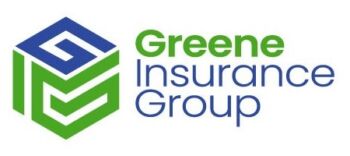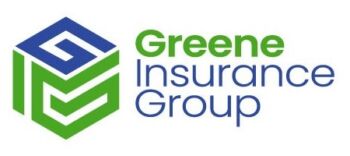I have an older car, do I really need car insurance?
Most states have insurance laws that require drivers to have at least state mininum liability insurance.
These laws were enacted to ensure that victims of car accidents receive compensation, when their losses are caused by […]

